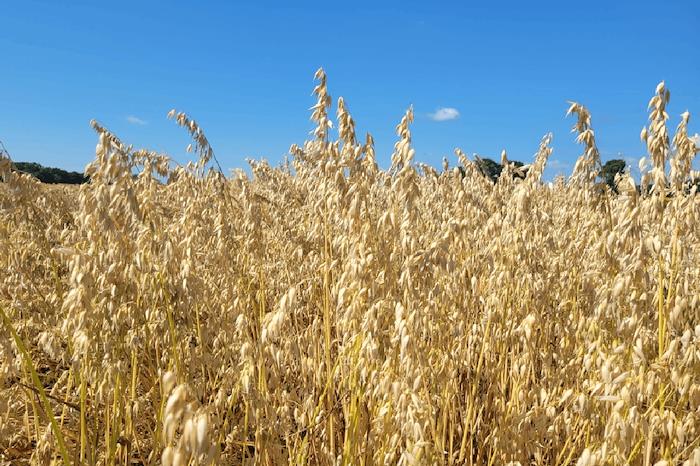In short:
- Farmers in Twente have an eye for the soil and nature
- Farmer Arjen van Buuren wants to be an example of sustainable agriculture on Zenderense Es and Deldeneresch with nature-inclusive farming and circular agriculture
Global Goal

“Agriculture in the Netherlands is praised everywhere for its products, efficiency and innovations. The Netherlands is the world’s second agricultural exporter. But this agricultural system has a downside; it uses too many raw materials, water and energy. It is too taxing on the environment and negatively affects biodiversity and the environment. Income and burdens within the agricultural system are unfairly distributed as well. Our farm shows that things can be done differently”, explains Arjen van Buuren.
Nature-inclusive farming is a form of sustainable agriculture based on a resilient food system and ecosystem. It is a way of farming that works within the boundaries of nature. This way of farming increases biodiversity and is good for the health of plants and animals. “Healthy food, in other words, contributes to healthy soil. For now, but also in the future. That is very important to me. Our products are made together with local entrepreneurs and sold directly to consumers and local businesses; the production chain is short”, he continues. “We stand out because of the many crops we grow, the way nature is integrated into our business, the products we make and our short production chain.”
Read also:
This way of farming is familiar to Arjen. “I didn’t want to be on the sidelines and only say that things can be done differently; I decided to put it into practice on my first farm. This was in Ireland in the 1990s, and it worked out well. We also chose nature-inclusive farming and circular agriculture in Twente to ensure that future generations can continue providing for their needs. In other words, this form of agriculture is ecologically, economically and socially future-proof.”
He has never regretted doing things differently. “Seeing increased nature values and biodiversity because of what we do makes me happy and gives me energy. The appreciation you get from society because they see the environment change is great! And the beautiful products we harvest from various crops certainly contribute to this as well. We want to show this to more people. We want to inspire students and fellow farmers to make choices that positively contribute to soil and nature.”

But of course, hard work is necessary as well. “The biggest challenge on a nature-inclusive farm, or any farm that is becoming more nature-inclusive, is the revenue model”, he explains. “The yield is lower; growing crops for normal world market prices is not economically feasible. Being distinctive is therefore important, as is selling in the region. This requires a different type of entrepreneurship, which involves investing a lot in local contacts and explaining why you farm in this way, to get a fair price for your products eventually.”
“The soil is the most important part of the farm. After all, this is where the crops grow, and animals graze. We try not to disturb the soil as much as possible and keep it covered with crops and/or green manure throughout the year to keep the soil and the soil life healthy. We do not use chemicals, fertilisers and slurry. We use solid straw manure instead of our beef cattle and other farmers we work with. This is called closing the cycle. You cannot grow healthy crops without healthy soil and soil life. Plants become susceptible to diseases and pests, and harvests are disappointing or fail. The soil is an important part of the ecosystem, where every season starts with planting a new seed.”
He continues: “We are just passers-by with the privilege of managing and cultivating a piece of the earth for a while. We can confidently pass it on to future generations by doing this in a nature-inclusive and, thus, sustainable way. I see it as my life’s goal to spread this message and inspire others to get involved too. I organise excursions and presentations on our farm, but I also teach one day a week at the Aeres Hogeschool in Dronten and lead pilots at Agro Innovation Centre de Marke to achieve this. I supervise projects from the province of Gelderland and guide groups of Organic Farming students there. I think awareness is particularly important, and I gladly put my heart and soul into my work for this every day.”
Date: 19 September 2022 |
Source of tekst: Arjen van Buren |
Author: Marloes Neeskens







